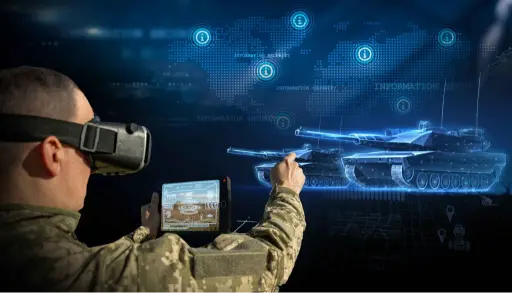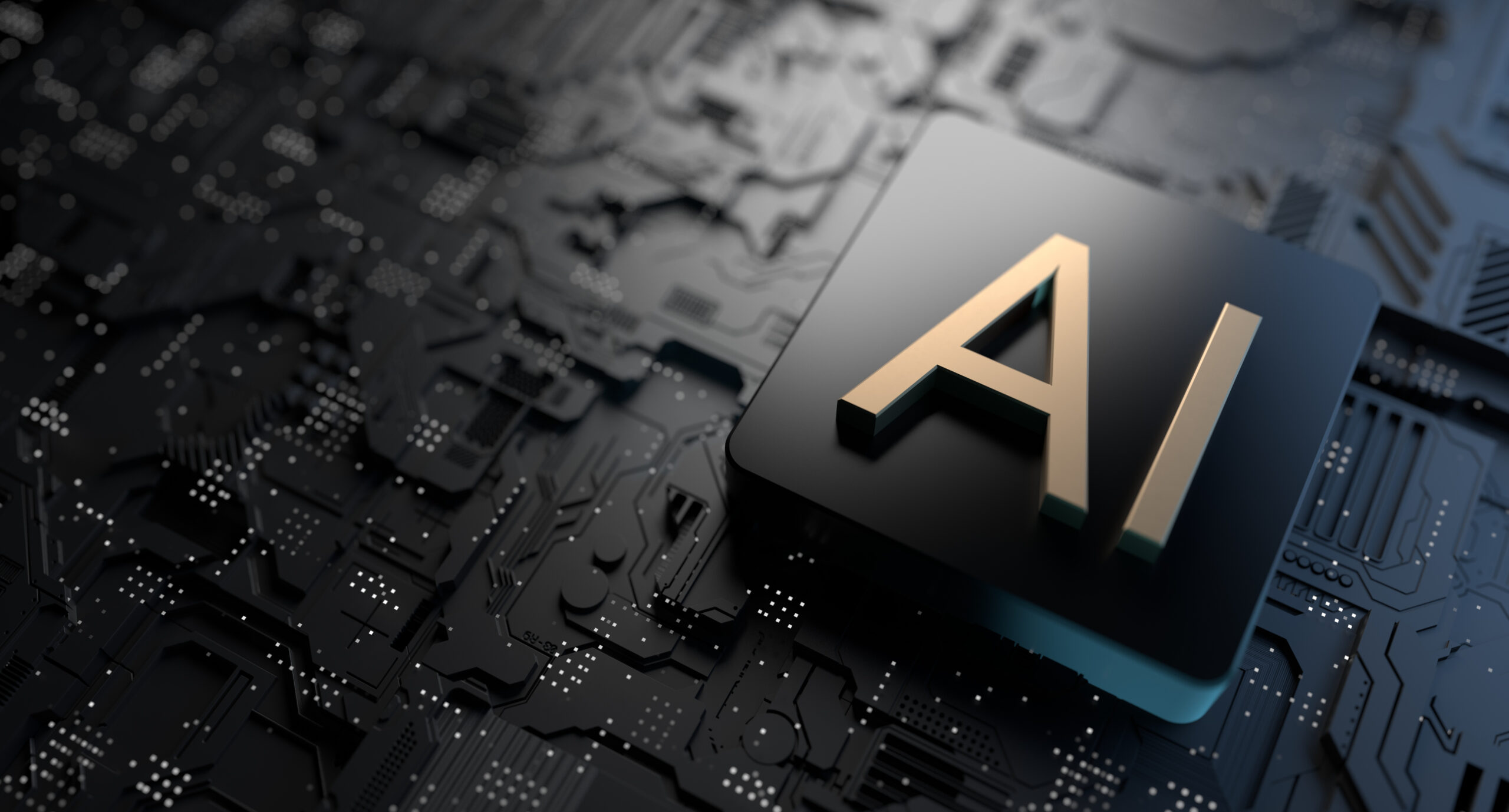

As artificial intelligence (AI) continues to reshape global industries, the U.S. government is significantly increasing investments in AI-powered defense technologies. From autonomous weapons systems to AI-driven cybersecurity, national security agencies and the Department of Defense (DoD) are leveraging cutting-edge AI innovations to enhance military capabilities and counter emerging threats.
AI’s Role in U.S. National SecurityAI is transforming modern defense strategies, offering unparalleled capabilities in:
With increasing geopolitical tensions and cybersecurity threats, the U.S. is accelerating AI adoption to maintain its strategic military advantage.
Major AI Defense InitiativesSeveral initiatives and programs highlight the U.S. government’s focus on AI in national security:
Joint Artificial Intelligence Center (JAIC)
Project Maven
The Defense Advanced Research Projects Agency (DARPA) AI Initiatives
AI-Powered Cyber Defense
The U.S. government has significantly increased funding for AI-related defense projects:
Despite AI’s advantages, its military applications raise critical concerns:
Swipe. Select. Stay informed.


The U.S. continues to dominate AI research and development, but China’s aggressive investments in artificial intelligence are closing the gap. As both nations compete for AI supremacy, the race for innovation is reshaping global technology, security, and economic influence
The U.S. government is ramping up investments in artificial intelligence for defense, focusing on cybersecurity, autonomous weapons, and intelligence analysis. These efforts aim to maintain national security and technological superiority in a rapidly evolving global landscape
The U.S. government’s AI policy changes are set to transform health technology investments, fostering innovation in diagnostics, treatment, and medical research. These changes could boost investor confidence and accelerate the adoption of AI-powered healthcare solutions.
As AI advances, job displacement concerns grow. However, the U.S. economy is adapting by fostering new opportunities, reskilling programs, and AI-driven industries.



Economic Impact of US AI Investment Policy Changes

US AI Investment Rules Shake Global Markets

US to Restrict Foreign AI Investments

The US tightens AI investment regulations to curb foreign influence and strengthen national security